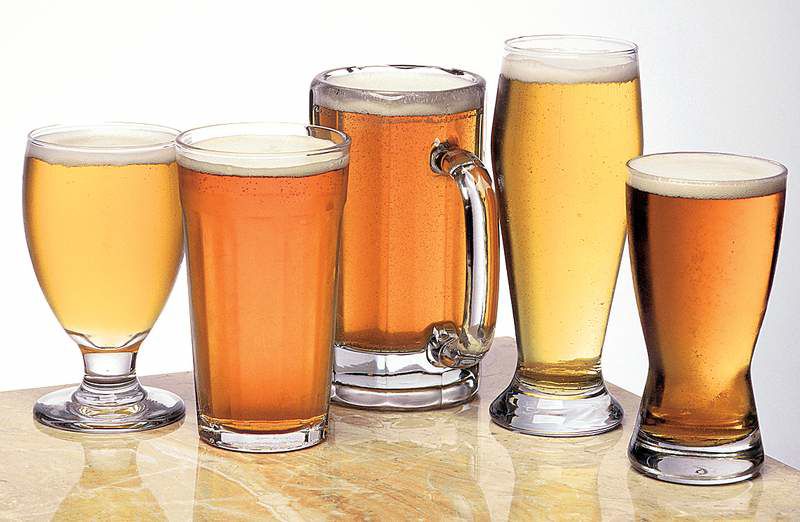Cheers! Beer is rich in vitamins, protein, but it’s still best to drink it in moderation
Published 5:00 am Thursday, March 17, 2011

- Thinkstock
Beer may not be the newest in health food, but a recent article written in the American Dietetic Association’s publication, the ADA Times, makes a case for its health-promoting qualities. The article aimed to lift beer up to the level of wine at least.
Red wine, reputed to have some health benefits, may have more polyphenols and antioxidant power than beer, according to the article. Wine and beer about tie for minerals — each providing potassium, magnesium and phosphorus. But “beer is the winner when it comes to selenium and silicon,” wrote author Andrea Giancoli, a registered dietitian and ADA spokesperson. A nutritional comparison in the article between regular beer and red table wine also said beer had more protein, folate, vitamin B6, niacin, pantothenic acid and riboflavin, and found that beer is a plant source of vitamin B12.
Trending
“Beer specifically has been associated with additional health outcomes, including lowering the risk of kidney stones in men compared to other alcoholic beverages, possibly due to its high water content and diuretic effect,” Giancoli wrote. “Compounds in hops may also slow the release of calcium from bone that is implicated in kidney stones. Additionally, beer drinkers seem to have a more protective effect towards greater bone mineral density due to the high content of silicone in beer.”
Beer can increase HDL cholesterol (the good kind). And, Giancoli added, moderate alcohol consumption has been associated with a lower incidence of gallstones, decreased risk of Type 2 diabetes and improved cognitive function in older adults.
Beer is a clear loser to wine when it comes to calories and carbohydrates, and Giancoli wrote as a reminder to all drinkers that moderate consumption means one 12-ounce beer per day for women and two for men.
— Anne Aurand, The Bulletin








